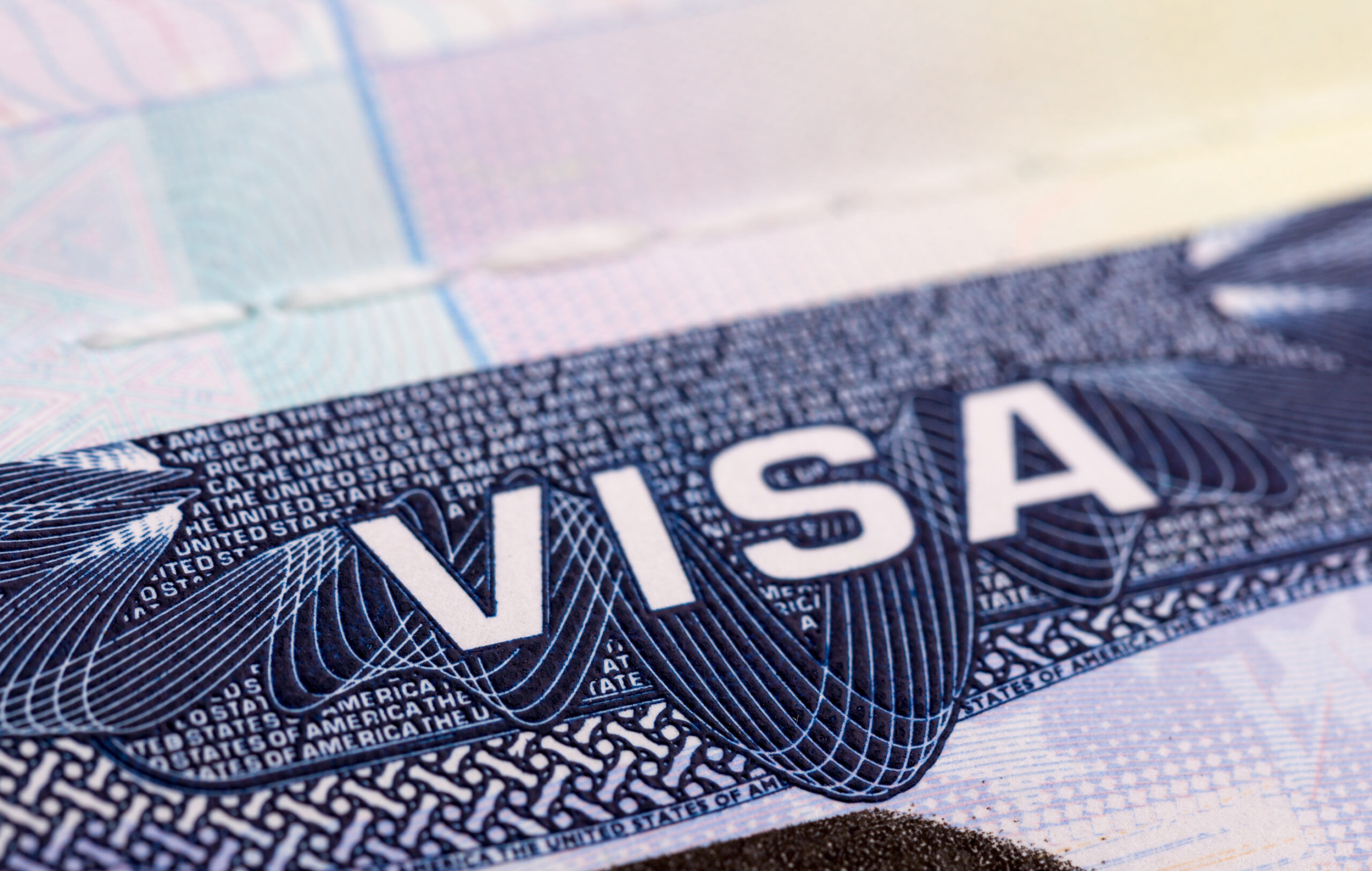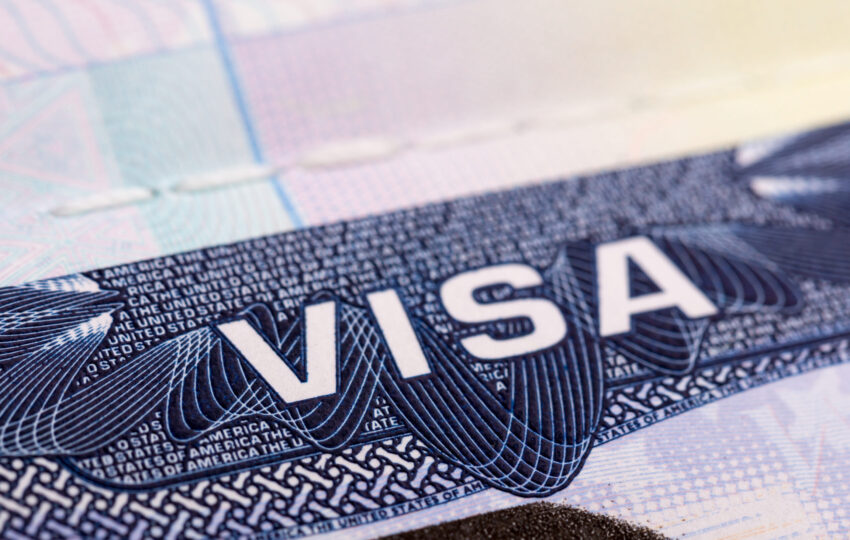
August 18, 2025-For many U.S. visa applicants, the consular interview feels like the final hurdle. Yet, thousands each year are surprised when they are told their case cannot be approved immediately and must instead undergo “administrative processing” under Section 221(g) of the Immigration and Nationality Act (INA).
While the phrase often causes anxiety, administrative processing is a routine part of visa adjudication. Understanding what it means — and how to prepare — can help applicants avoid unnecessary delays.
What Is Administrative Processing?
Administrative processing occurs when a consular officer determines that a visa application requires additional review before a decision can be finalized.
Under INA §221(g), an application may be temporarily refused until:
Additional documents are submitted, or
Background, security, or interagency checks are completed.
Although consular officers rarely disclose the specific reason for the review, applicants are typically informed if they must provide further documentation.
How It Appears in the System
In the Consular Electronic Application Center (CEAC), cases under administrative processing are often marked as “Refused” under §221(g). This status does not necessarily mean denial — it is a temporary hold until required actions are completed.
Common Reasons for Administrative Processing
Missing or Incomplete Documentation
Certified court or police records, employment verification, or academic credentials may be missing or insufficient.
The case remains pending until the applicant submits the requested information.
Security Clearances
Interagency reviews may be required for applicants with certain travel histories, national security concerns, or sensitive academic/work fields (such as those on the Technology Alert List).
Name similarities to individuals on U.S. government watchlists can also trigger delays.
Database “Hits”
If an applicant’s biometric or biographic information matches government records, additional verification is needed.
Past visa refusals, immigration violations, or criminal history may also prompt extra scrutiny.
Special Security Advisory Opinions (SAOs)
In some cases, consular officers must request a Security Advisory Opinion (SAO) from the U.S. Department of State. Common types include:
Visa Donkey – for name or identity matches that must be cleared.
Visa Mantis – for applicants in sensitive or dual-use technology fields.
Visa Condor – for nationals of countries designated as state sponsors of terrorism.
Typical Timelines
The U.S. Department of State advises that most administrative processing is resolved within 60 days of the interview. However, complex cases or SAOs can take significantly longer.
Applicants are strongly encouraged to:
Apply well in advance of anticipated travel.
Expect potential delays beyond the standard timeframe.
Practical Tips for Applicants
Prepare in Advance – Bring all required and supporting documents to your interview.
Respond Quickly – If issued a §221(g) notice, submit requested documents promptly.
Monitor CEAC – Regularly check the online portal for updates.
Allow Extra Time – Avoid booking non-refundable travel before your visa is issued.
Seek Legal Guidance – Consider consulting an immigration attorney if your background, work, or travel history may raise red flags.
Final Thoughts
Administrative processing under INA §221(g) can be frustrating, but it is a routine safeguard in the U.S. visa system. By preparing thoroughly, responding quickly, and allowing extra time for travel plans, applicants can navigate the process more smoothly.
Immigration attorneys, such as those at NPZ Law Group, assist clients facing §221(g) holds to minimize delays and protect travel timelines.
FAQs
Q: Does “Refused” on CEAC mean my visa is denied?
A: Not always. Under §221(g), “Refused” typically means the case is pending further review or documents.
Q: How long will my case be in administrative processing?
A: Many cases are resolved within 60 days, though some take longer depending on security checks and complexity.
Q: Can I speed up administrative processing?
A: No one can bypass required checks. However, submitting all requested documents promptly and ensuring your application is complete can reduce delays.



